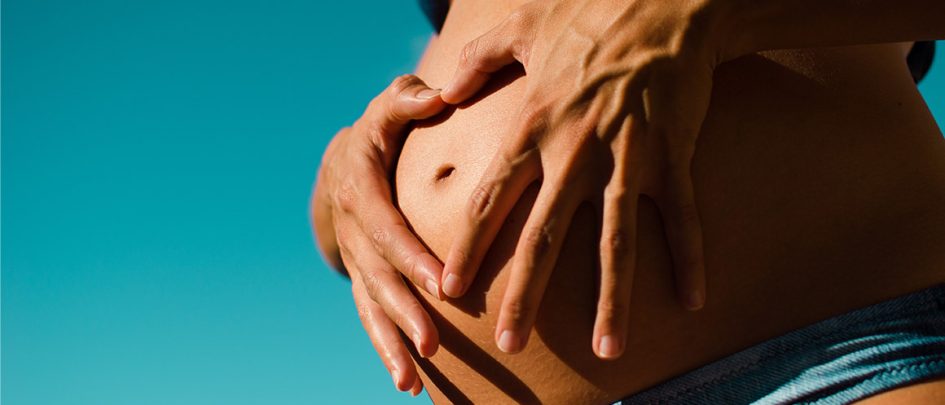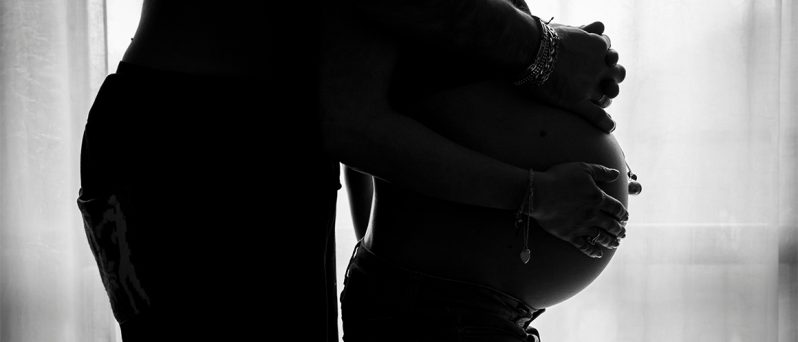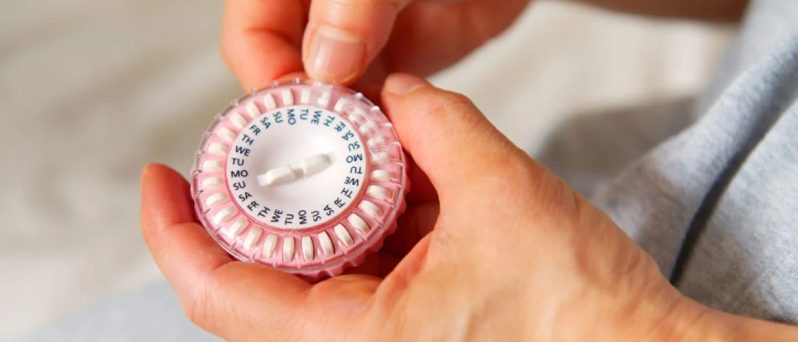If you’re recovering from a recent pregnancy loss, your mind and body have been through a lot and it may take some time to readjust. It might help to have some understanding of what to expect from your body during this time, including your period. Here’s what to expect from your first period after miscarriage:
When will I get my first period after pregnancy loss?
You can usually expect your first period 4-6 weeks after a miscarriage. If you still haven’t had yours by this time it’s a good idea to contact a healthcare professional, especially if your cycle was regular before pregnancy. There are a few factors that may impact how long it takes for your period to return, including:
- How regular your periods have been in the past – if your cycle is usually irregular, it’s likely to remain this way. This might mean that it can take longer than the average 4-6 weeks to resume.
- How far along you were in the pregnancy – getting your period back will depend on your HCG levels HCG increases the further into your pregnancy you are (up to 12 weeks), so periods after an early miscarriage may return sooner than after a later miscarriage.
It’s important to note that while you might have a period within six weeks, it can take longer than this for the regularity of your cycle to return. Your hormones change a lot while you’re pregnant and they’ll need some time to return to your usual cycle.
What will my first period after a miscarriage be like?
Your first period after a miscarriage might be different to the periods you’re used to. Common changes you might notice in this first period could include:
- Heavier bleeding
- A longer period
- More painful than usual
- Some discharge with an odour
After around 2-3 cycles your period should return to what was normal for you before you were pregnant. If it doesn’t, and you continue to have heavy periods or an irregular menstrual cycle after a miscarriage, be sure to check in with a healthcare professional.
Will PMS be different after a miscarriage?
After a pregnancy loss, your hormones can fluctuate significantly. This and the emotional impact of experiencing a miscarriage can both mean that PMS symptoms may be more intense than you’re used to.
During this time, it’s important to keep an eye on how you’re feeling in yourself. Seek help if you think your pain might be cause for concern or you might have depression or anxiety. Grief affects all of us differently and it’s important to get emotional support. A healthcare professional can point you to support services available and help you to explore the options available. Here is some advice from the NHS on getting support after a miscarriage.
Ovulation after miscarriage
When your period resumes after a pregnancy loss so does the rest of your menstrual cycle, often including ovulation. This means that if you don’t want to get pregnant, you should use contraception when having sex. If you do want to get pregnant, it’s a good idea to speak to a healthcare professional about how you’re feeling physically and emotionally before trying for to get pregnant after a miscarriage.
Some people may not ovulate on their first period after a miscarriage, which may make PMS more painful than you’re used to. This is because when you don’t ovulate, the endometrial lining becomes thicker, causing a heavier, more painful period.
Above all, it’s important to take some time to be gentle with and look after yourself. Your experiences and feelings are valid, and you’re not alone. If you need help processing or understanding what’s happened or what comes next, speak to your healthcare provider and they will be able to guide you or tell you about organisations that can help.
Do you have anything to add about your own experience that may help someone else? Tell us in the comments if you feel comfortable.













I had miscarriage mid of December 2021, and my menstruation has been irregular since then. I experienced spotting through out January and I’ve menstruated twice in February. Hope I’m OK?
We’re sorry to hear about your experience and hope you’re doing okay? We recommend that you visit a doctor if you can. They’ll be better equipped to help you get to the bottom of what’s happening and help you feel reassured.
I had a miscarriage in Feb, since then my periods are very regular but shorter. Before MC they were 30 days and now they are 26 days. Are they ever going to come back to 30 days? Is 26 days normal?
We’re sorry to hear that you’ve had a miscarriage. We suggest speaking to a gyno/doctor. They’ll be able to help with regulating your cycle 💚
I had a miscarriage in December last year. Thereafter, the periods were regular until May. But the last few months have been irregular. Last month (June), I had my period on the 25th, but this month (July) I haven’t had it yet. How can I trace my ovulation?
Thanks so much for your openness with us about your experience. We’d recommend tracking your cycle, but if the irregularity means that ovulation is hard to detect even when tracking, we recommend speaking to a healthcare professional for advice.
I had a miscarriage in May and since then every period I have had has been heavy. I have been changing almost every 2 hours for the first two days. This is a first for me.
I miscarried at the end of March. 30 days later at the end of April I had my first period. It hasn’t stopped yet and it’s almost the end of may. Ive never had such a heavy and long period. They used to be 28 days apart and 4 days long.